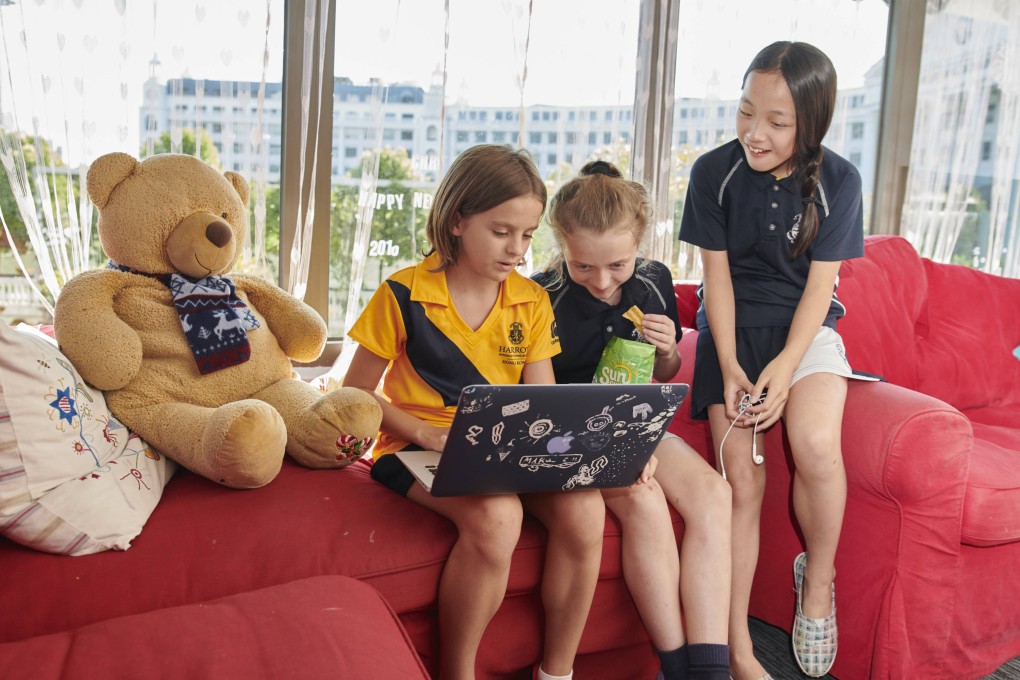Well-being in the wake of the pandemic: pastoral care a priority in Hong Kong schools as they address what English Schools Foundation’s Tracey Chitty says are far-reaching effects
- My Thanh Mac at Canadian International, Tom Hicks at Harrow International, and Dr Stephanie Howdle-Lang and Ryan Copley of Renaissance College talk about the need to offer support
- In an article in the British Medical Journal, Jessica Morris, a researcher at the Nuffield Trust said the wider effects of the pandemic and lockdowns may have been worse for children than Covid-19 itself

There is no doubt that the pandemic has had a pronounced impact on the mental well-being of students. For this reason, pastoral care and well-being have become key priorities at many of the city’s schools.
“The impact of Covid-19 on students in Hong Kong has been far-reaching, affecting many aspects of their lives. One of the most significant impacts has been on students’ mental health,” says Tracey Chitty, safeguarding and well-being adviser, student support services at the English Schools Foundation (ESF).
“The pandemic has caused a great deal of stress, anxiety and uncertainty for students.”
Like millions of children around the world, Hong Kong students have lived through extended school closures, changes in social norms, and up until very recently, prolonged mask wearing.
According to Unicef, at least one in seven children worldwide have been forced to remain at home under countrywide public health orders or recommendations, and more than 330 million youngsters have been stuck at home for at least nine months up to March 2021. The UN has said this has subsequently driven a rise in anxiety, depression and developmental delays, among a range of other health concerns.
Ongoing issues resulting from the pandemic
Ominously, international experts say that we are only now beginning to scratch the surface of the effects the pandemic and associated restrictions had on children.